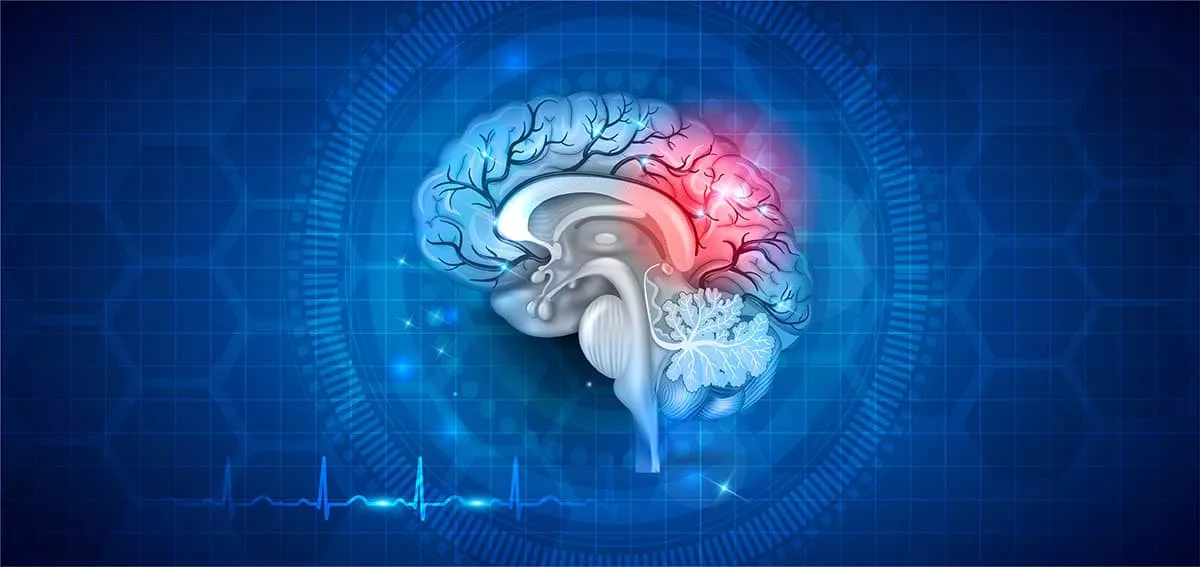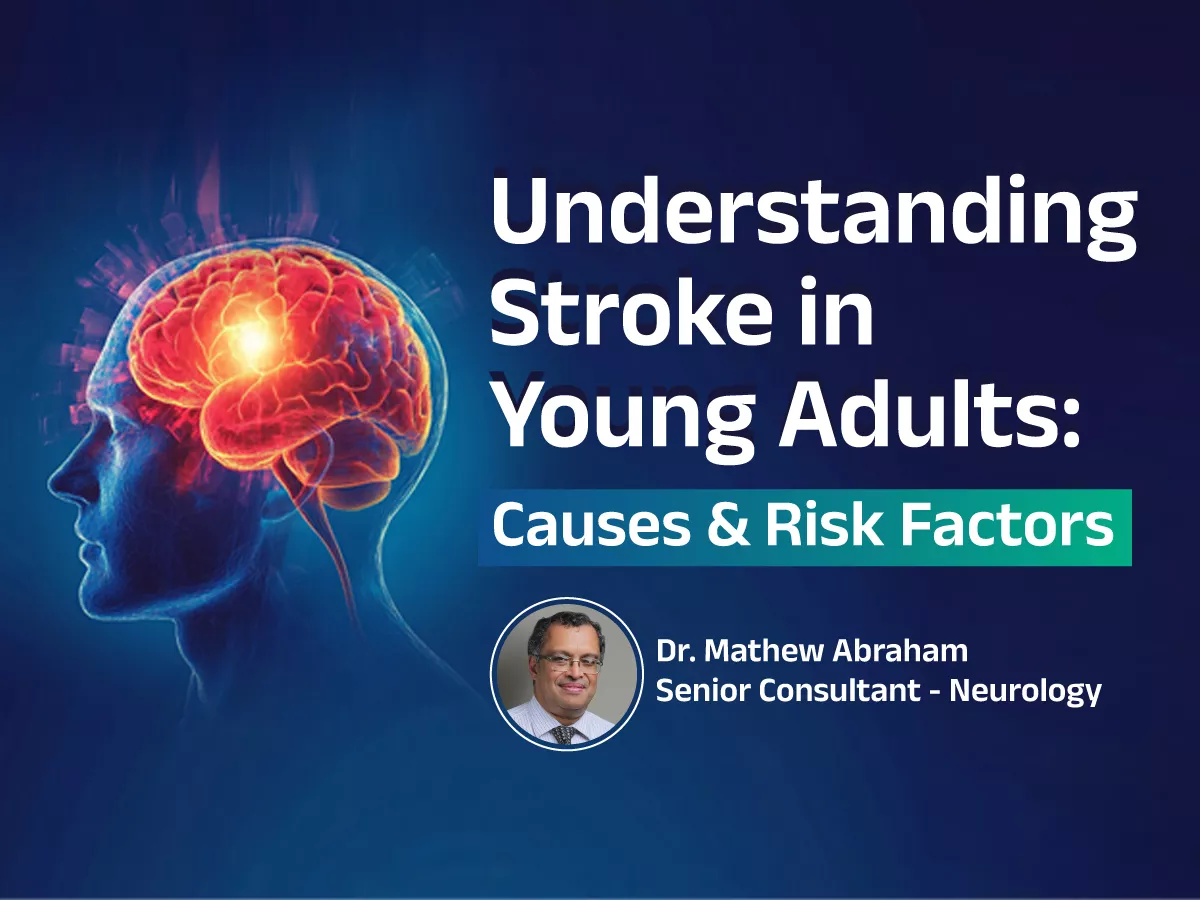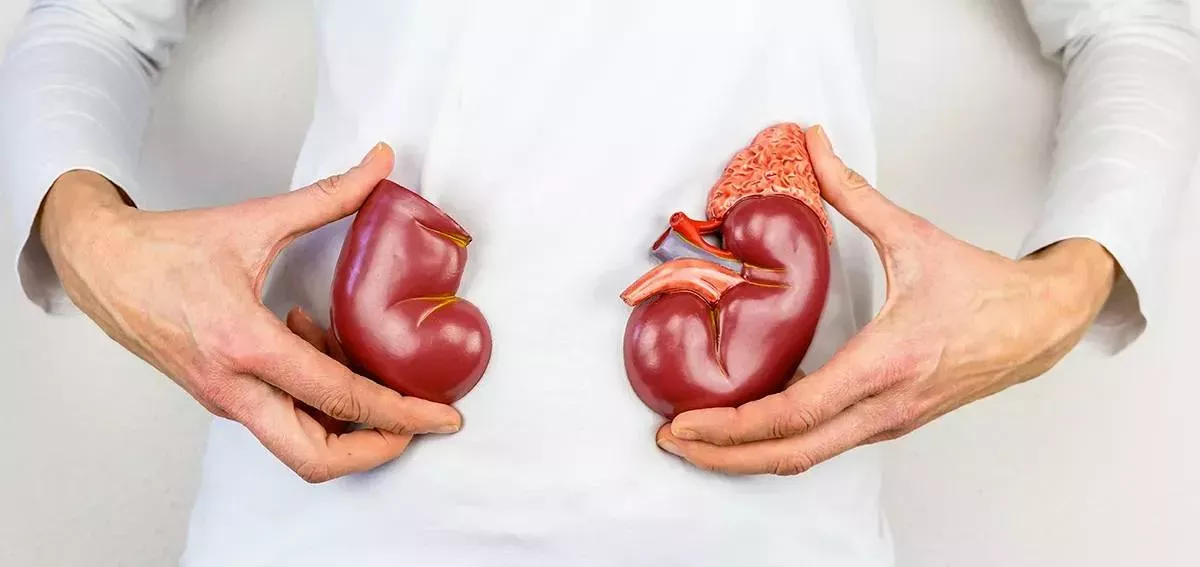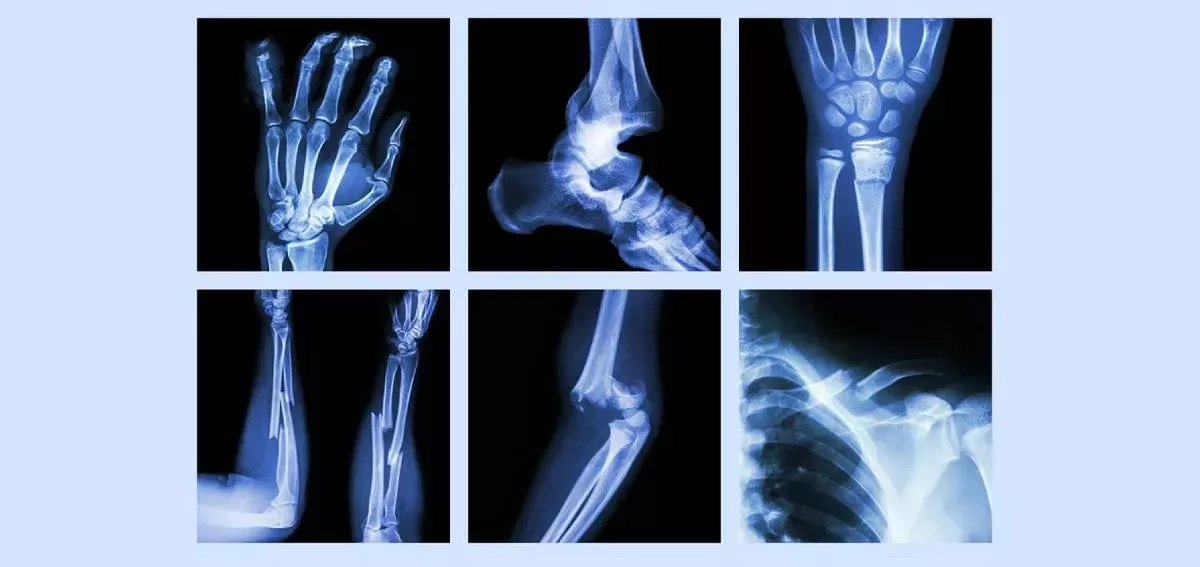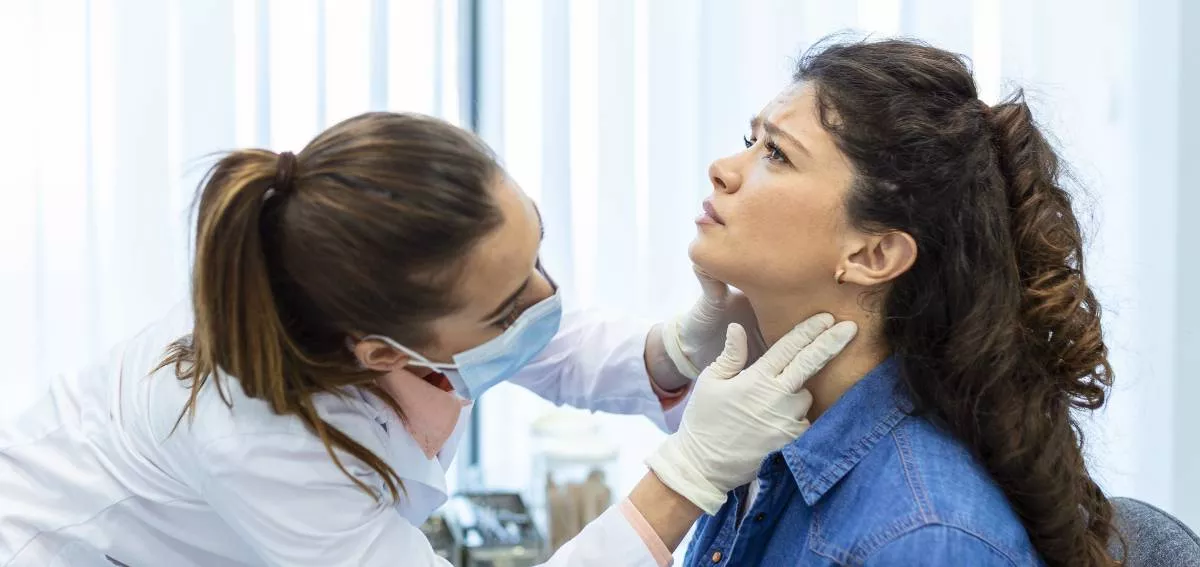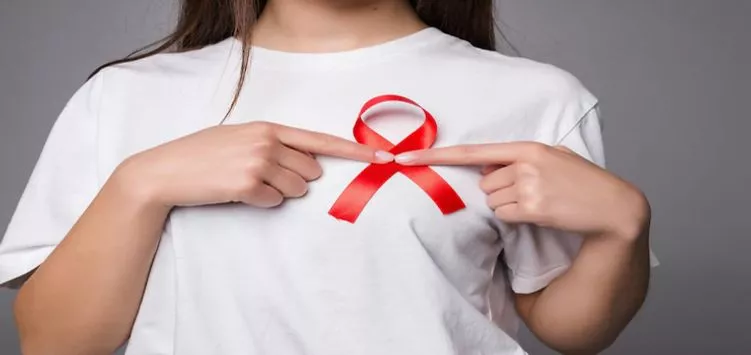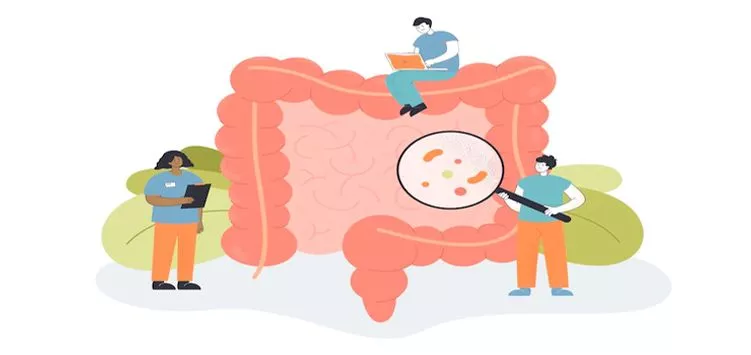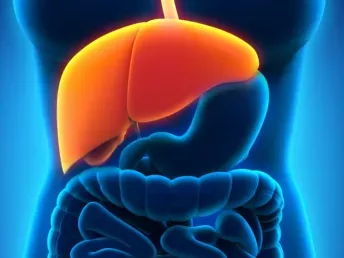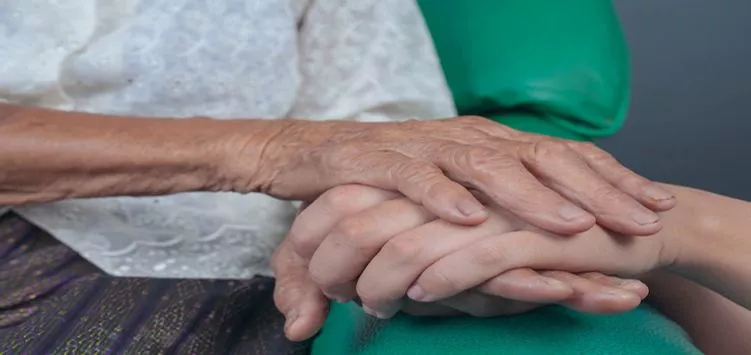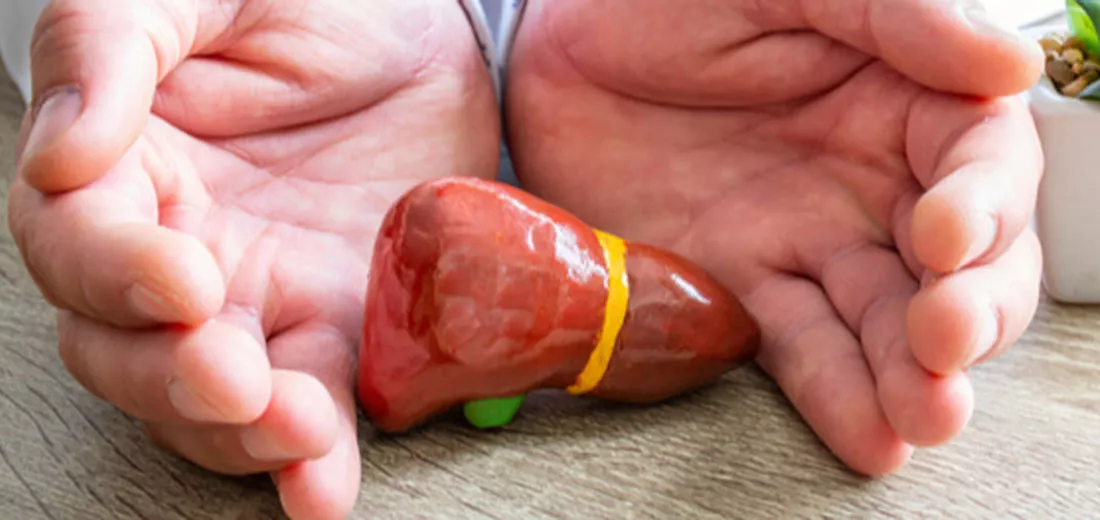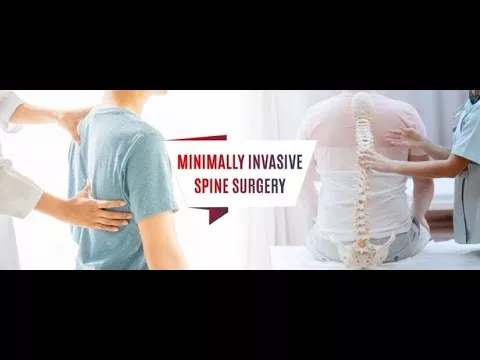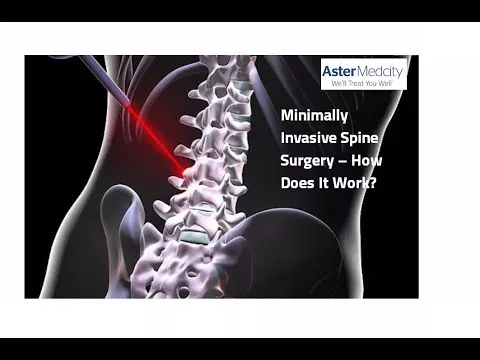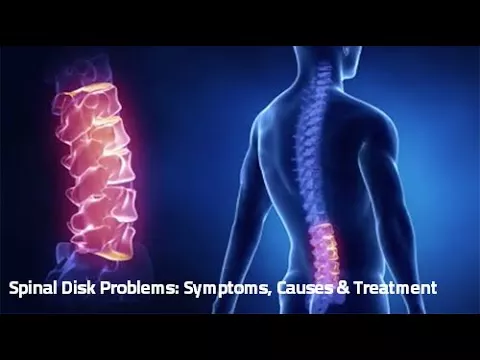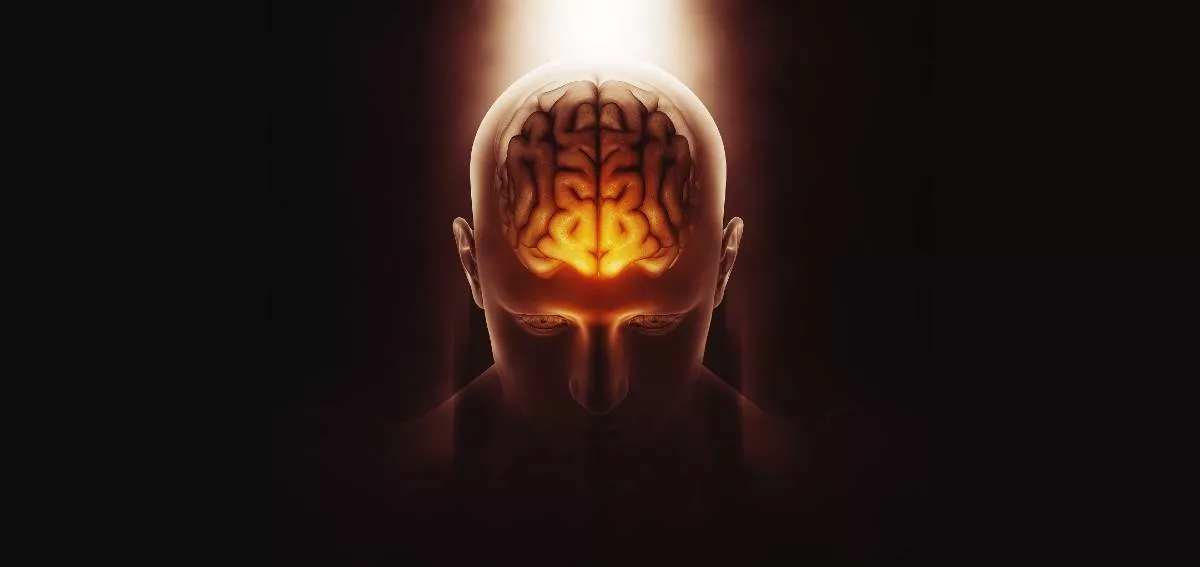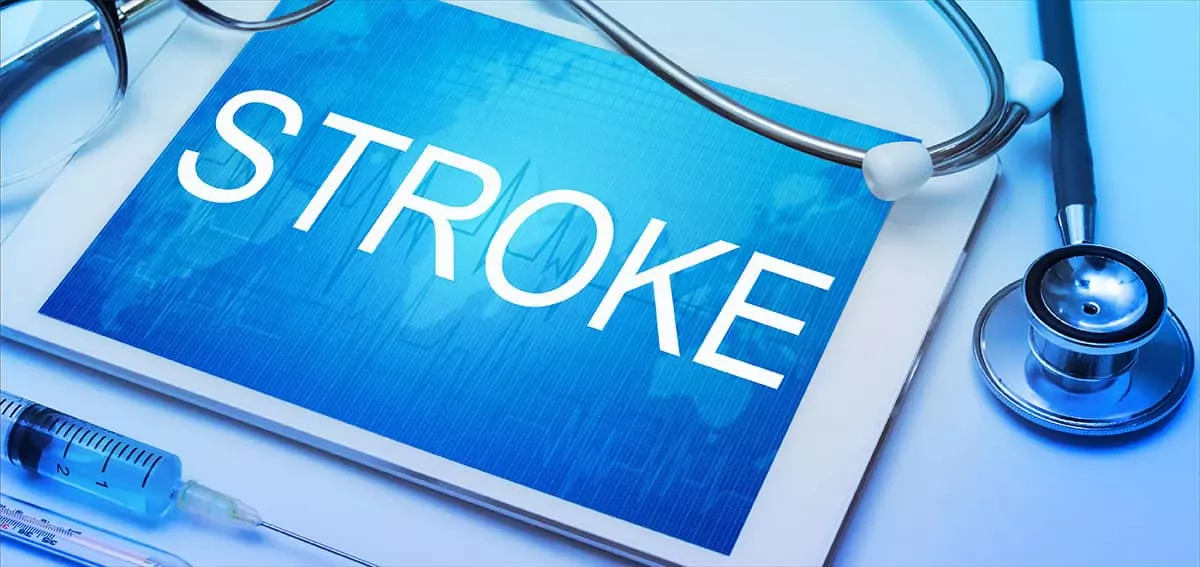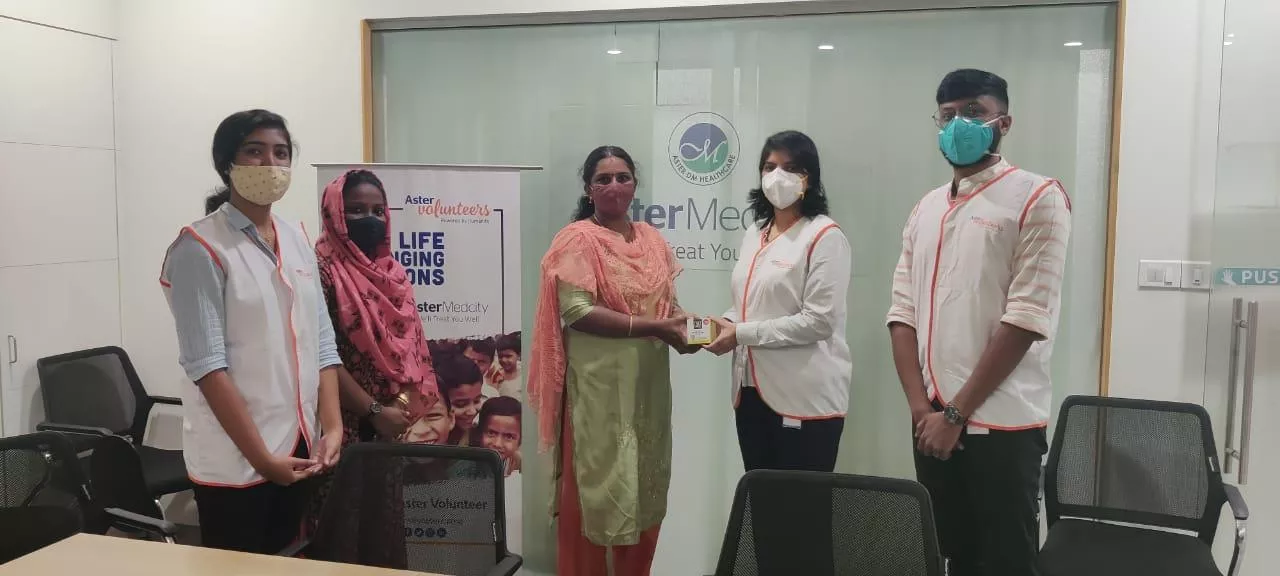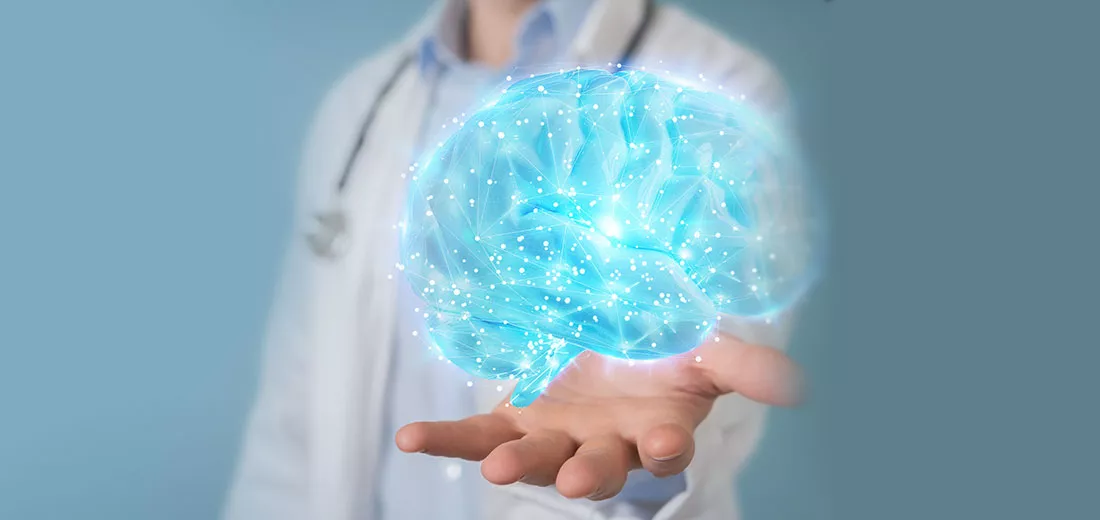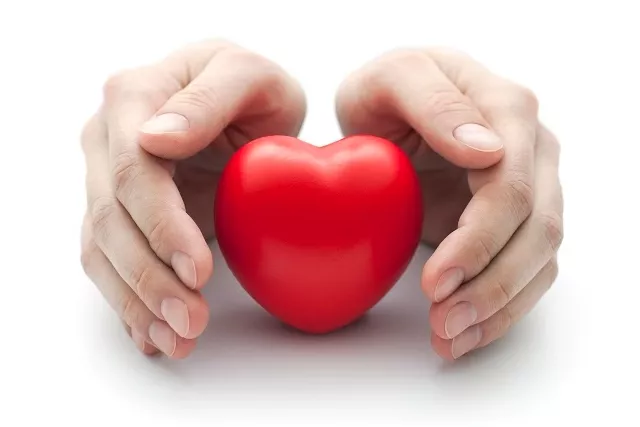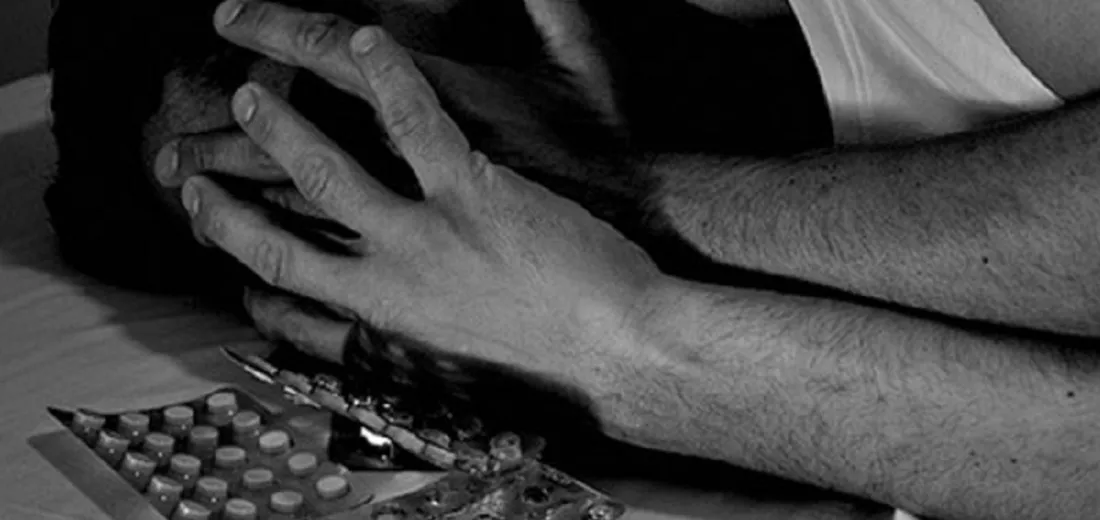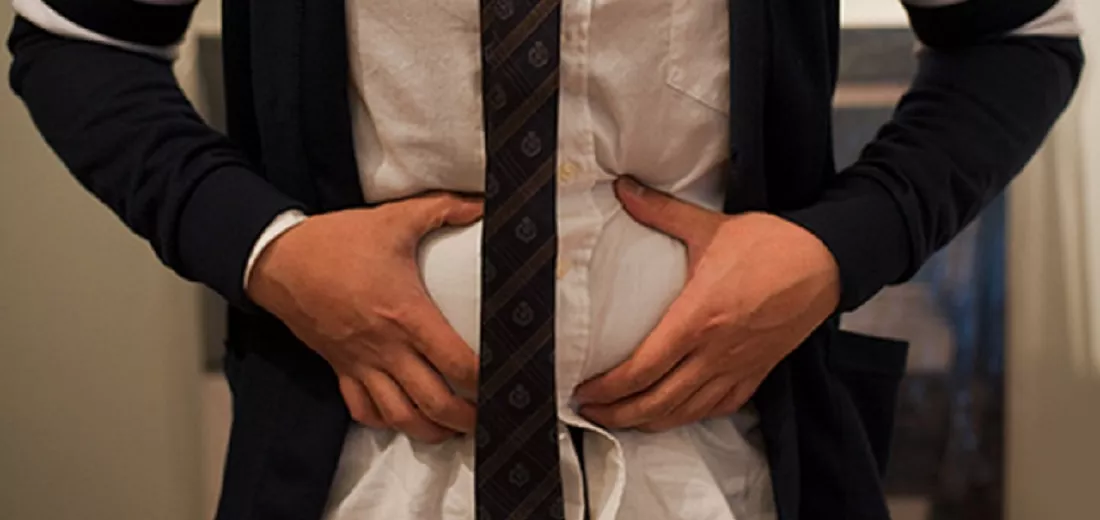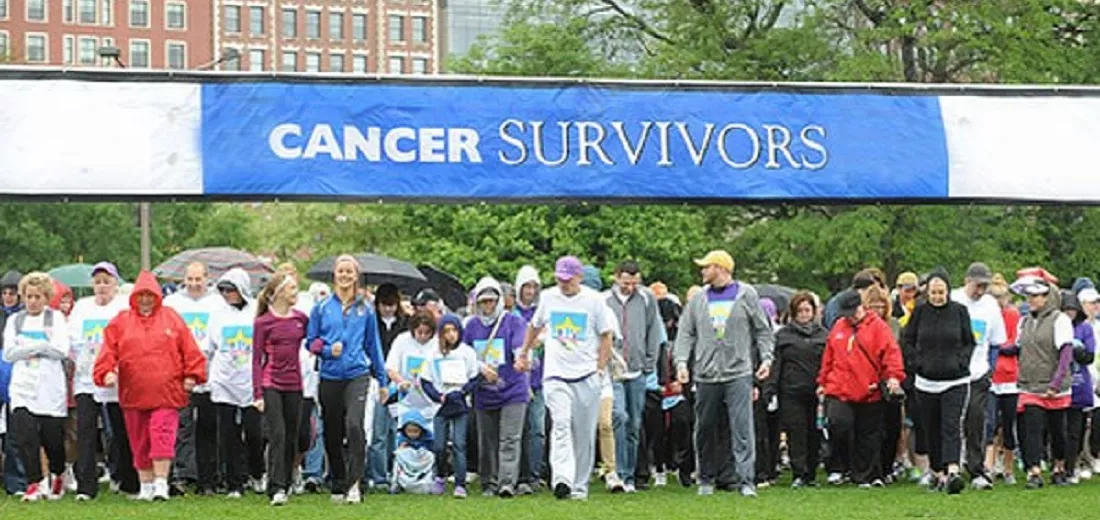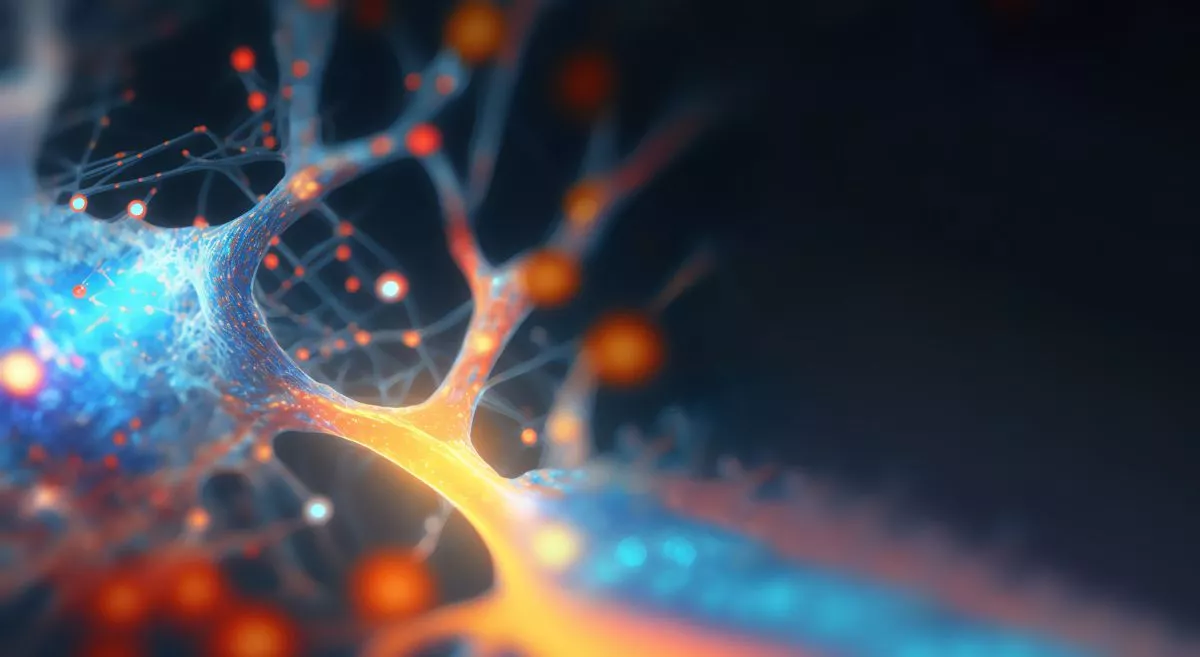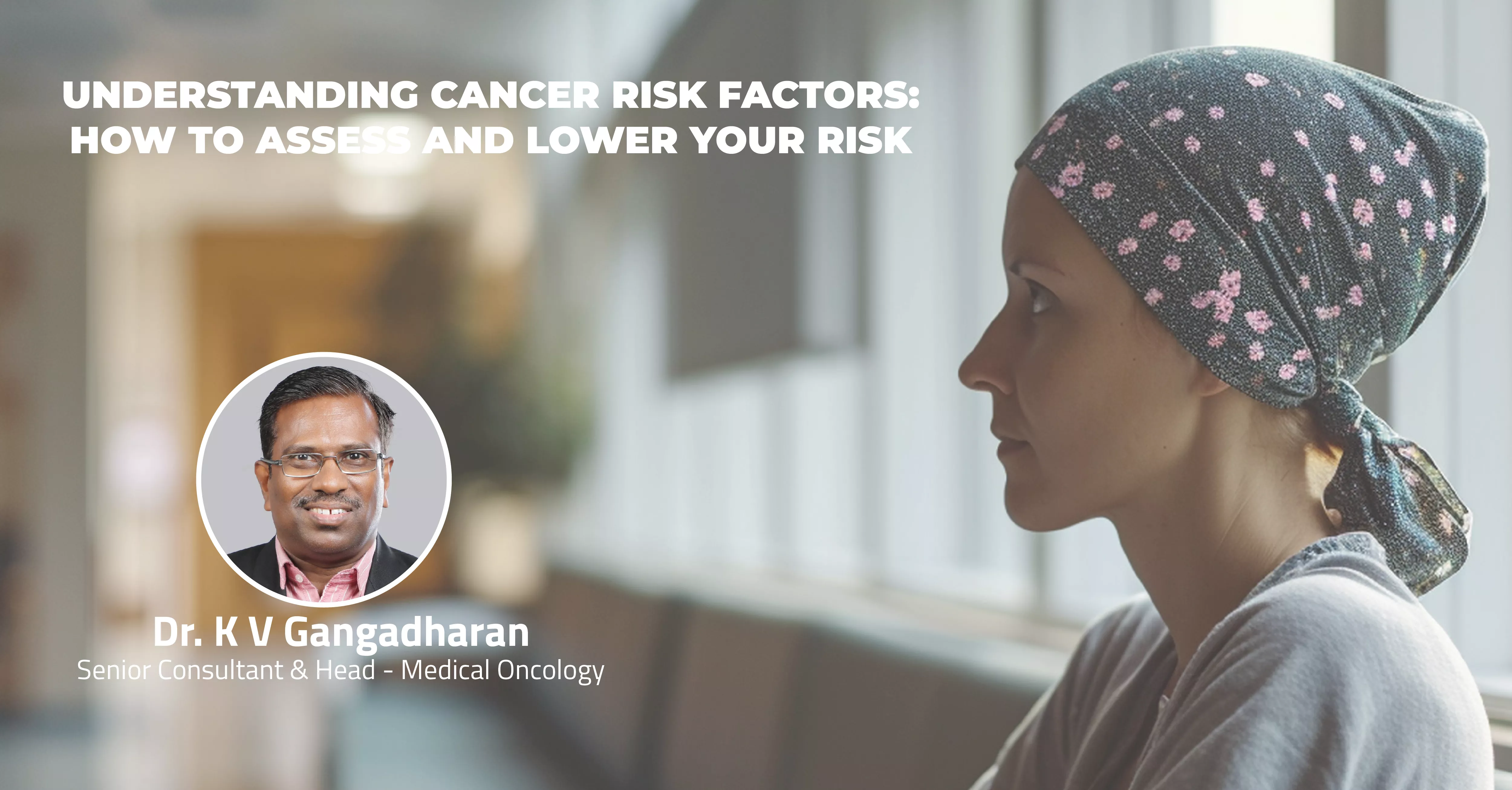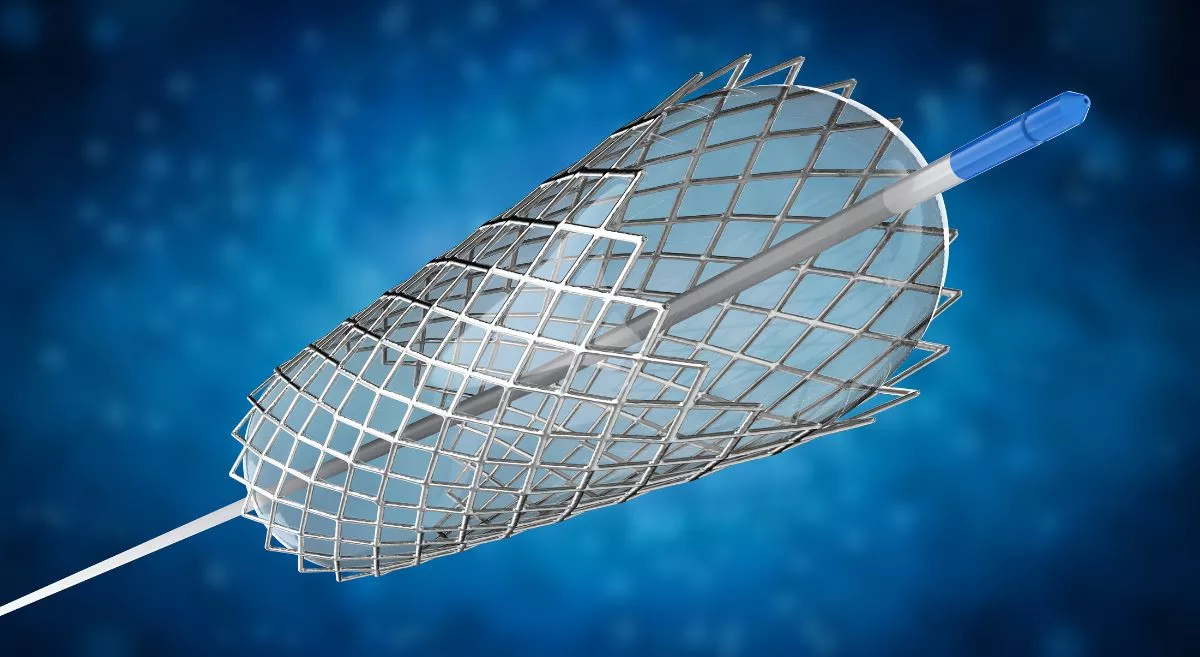According to the National Centre for Biotechnology Information (NCBI), stroke or brain attack is one of the top reasons for permanent disabilities and premature deaths in India, with nearly 20 million reported cases and over 1.5 million additions every year. However, what’s shocking is that 12% of these people are below the age of 40. And the reason? Unhealthy lifestyle. High blood pressure, high levels of stress, diabetes, poor diet, obesity, lack of exercise and high blood cholesterol and intake of oral contraceptives* increase the risk of stroke and permanent disabilities in both men and women.
Here are some simple, practical and easy ways to prevent stroke:
- Avoid stress as much as possible. Stay happy.
- Eat and drink healthy to keep cholesterol and blood sugar at bay.
- Exercise everyday. Maintain a healthy body weight and BMI. Brisk walking for 40 minutes every day is one of the best forms of exercise
- Avoid food that’s high on salt and oil to maintain a healthy blood pressure
- Ensure that your blood sugar is under control – especially if you have a hereditary predisposition to diabetics.
- Avoid alcohol.
- If you smoke, quit.
- If you have been diagnosed with heart disease of any kind, ensure that you do periodic check-ups as advised by your doctor.
Life After Stroke
Recovering from a stroke can be a slow, long-drawn out process. Here are the common after-effects of a stroke attack – do note that after-effects and intensity vary from person to person.
Physical Difficulties
- Dysphagia or difficulty in swallowing
- Fatigue or lack of energy
- Foot drop - weakening of the muscles that leads to flexing of the ankle and toes. This causes the person to drag the front of the foot while walking.
- Hemiparesis or muscle weakness on one side of the body
- Incontinence or lack of ability to control bladder and bowel movements
- Muscle/ body pain
- Paralysis of muscles
- Seizures and epilepsy
- Insomnia
- Spasticity or limited coordination
- Painful muscle spasms in the arms and legs
- Vision problems
Emotional Difficulties
- Anxiety
- Frustration
- Anger
- Sadness
- Sense of loss
- Pseudobulbar effect (outburst of laughing or crying)
- Depression
Cognition Difficulties
- Aphasia or difficulty in speaking, understanding, reading and writing
- Memory loss
- Vascular Dementia or problems with reasoning, planning, judgment, memory etc.
Getting Back To Normal Life
Though stroke can be damaging, one should ensure that it does not break one’s spirit and the will to live. So help keep up the positivity.
With timely treatment from the best neurology hospital in India, a comprehensive rehabilitation plan and definitive changes in lifestyle, one can get back to living a normal life and achieving the best possible outcome.
Post-stroke rehabilitation that includes neuropsychological and physical therapies are a must. These improve the treatment outcomes drastically.
Encourage the person to get back to normal life – go back to work, favourite activities and even new hobbies.
Love and support from family and friends hasten the healing process. It’s extremely important that they understand the patient’s state of mind and deal with him or her with patience and understanding.
